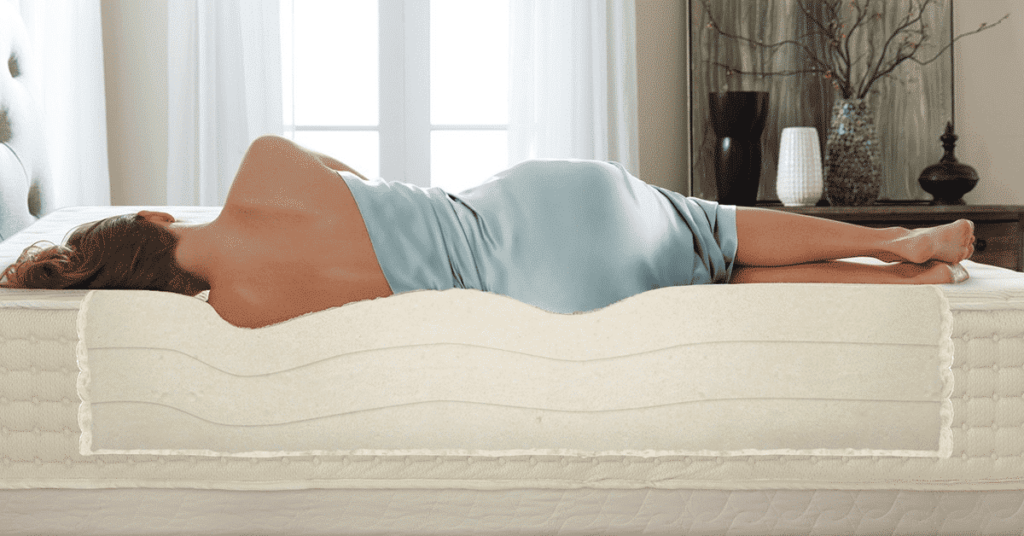When it comes to getting a good night’s sleep, having the right mattress is essential. For those with orthopedic issues, such as back or joint pain, an orthopedic mattress can provide the necessary support and comfort to promote proper alignment and reduce discomfort. But with so many options on the market, how do you choose the best orthopedic mattress for your needs? In this article, we’ll explore the key factors to consider when selecting an orthopedic mattress.
- Firmness Level
The firmness level of your mattress is crucial for orthopedic support. A mattress that is too soft can cause your body to sink, leading to poor alignment and pressure points. A mattress that is too firm, on the other hand, can create tension in your muscles and joints. Orthopedic mattresses typically range from medium-firm to extra-firm, so it’s essential to consider your personal preference and needs when selecting a firmness level.
- Material
Orthopedic mattresses come in a variety of materials, including memory foam, latex, and innerspring. Each material has its own benefits and drawbacks. Memory foam provides excellent pressure relief and contouring, but can retain heat. Latex is supportive and breathable, but can be expensive. Innerspring mattresses provide a traditional feel but may not provide as much support as memory foam or latex. It’s important to consider your personal preference and any specific orthopedic needs when selecting a material.
- Support
Orthopedic mattresses are designed to provide proper support and alignment for your spine and joints. Look for a mattress that has adequate support in the areas you need it most. For example, if you have lower back pain, look for a mattress that provides extra support in that area. It’s also important to consider how the mattress distributes weight and pressure, as this can affect your overall comfort and sleep quality.
- Durability
Orthopedic mattresses can be a significant investment, so it’s important to select one that is durable and built to last. Look for mattresses made with high-quality materials and construction. Some mattresses come with extended warranties or trial periods, which can give you peace of mind and allow you to test the mattress before committing to a purchase.
- Allergies
If you suffer from allergies, consider an orthopedic mattress that is hypoallergenic and resistant to dust mites and other allergens. Look for mattresses with covers that are removable and washable, as this can help keep your mattress clean and free from allergens.
- Price
Orthopedic mattresses can range from a few hundred to several thousand dollars, so it’s essential to consider your budget when selecting a mattress. While more expensive mattresses may provide additional features and benefits, there are also many affordable options that can provide adequate support and comfort.


